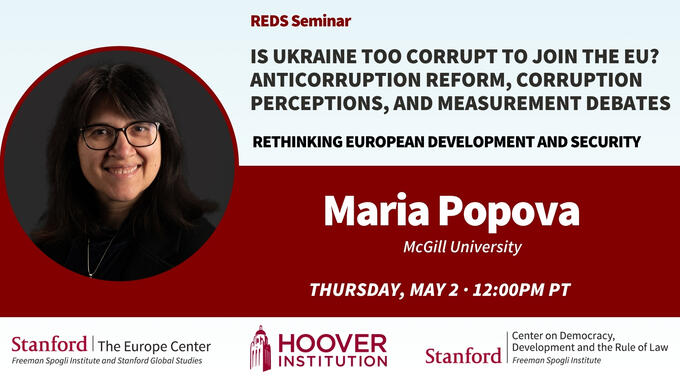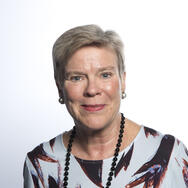Keith Darden | REDS Seminar — The Russian-Ukrainian War and the Re-Nationalization of Europe

War is often a driver of macro-institutional change (Tilly 1975), and it has been suggested that the peculiar, partial, and incremental development of the institutions of the European Union have been due to the absence of major inter-state war in Europe post-1945 (Kelemen and McNamara 2022). The return of inter-state warfare to Europe allows us to examine the effect that heightened military threat and territorial revisionism has European political development. Contrary to some expectations that Europe might achieve greater unity and integration in response to a revived Russian external threat, I find that the ongoing war is driving institutional retrenchment of Europe along national lines for three reasons. First, the war has privileged newer, post-enlargement member states, whose governments and polities do not share the elite anti-nationalist principles that have underpinned the European project since the end of WWII. Second, the emerging re-armament of European states has privileged national actors and national systems of military procurement, with incentives counter to deeper European integration of armed forces and military procurement. Military assistance for Ukraine has primarily been provided through US-coordinated bilateralism rather than European multilateralism or supranationalism. Finally, the war itself has increased the salience of national identity and the normative appeal of nationalism in ways that work against European institutions and will likely put limits on deeper European integration even in an environment of greater military threat. These preliminary findings suggest that, as with other macro-institutional processes (e.g. state-building), existential threat interacts with identity variables to produce institutional outcomes.
ABOUT THE SPEAKER
Keith Darden (Stanford class of ’92) is Associate Professor in the Department of Politics, Governance and Economics at the School of International Service at American University. His research focuses on nationalism, state-building, and the politics of Russia, Ukraine, and Eurasia. His book manuscript, Resisting Occupation in Eurasia (Cambridge University Press, forthcoming), explores the development of durable national loyalties through education and details how they explain over a century of regional patterns in voting, secession, and armed resistance in Ukraine, Europe, and Eurasia. His award-winning first book, Economic Liberalism and Its Rivals (Cambridge University Press, 2009) explored the formation of international economic institutions among the post-Soviet states, and explained why countries chose to join the Eurasian Customs Union, the WTO, or to eschew participation in any trade institutions. Prof. Darden is co-editor of the Cambridge University Press Book Series Problems of International Politics.
Virtual to Public. Only those with an active Stanford ID with access to William J. Perry Conference Room in Encina Hall may attend in person.
REDS: RETHINKING EUROPEAN DEVELOPMENT AND SECURITY
The REDS Seminar Series aims to deepen the research agenda on the new challenges facing Europe, especially on its eastern flank, and to build intellectual and institutional bridges across Stanford University, fostering interdisciplinary approaches to current global challenges.
REDS is organized by The Europe Center and the Center on Democracy, Development and the Rule of Law, and co-sponsored by the Hoover Institution and the Center for Russian, East European and Eurasian Studies.
Learn more about REDS and view past seminars here.

Virtual to Public. Only those with an active Stanford ID with access to William J. Perry Conference Room in Encina Hall may attend in person.












